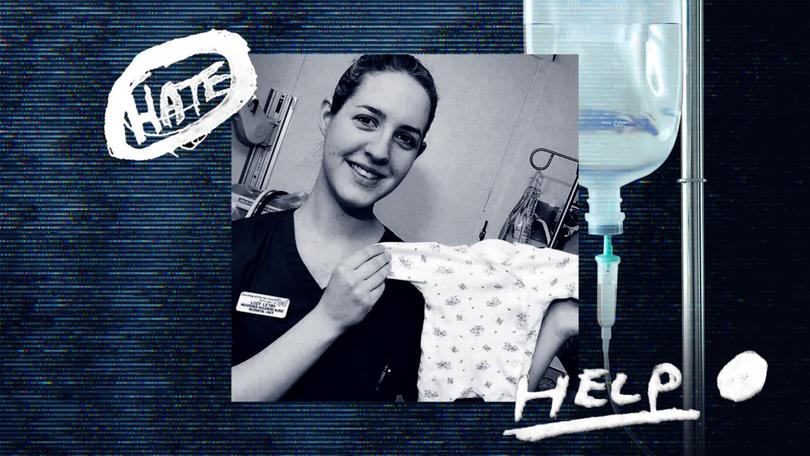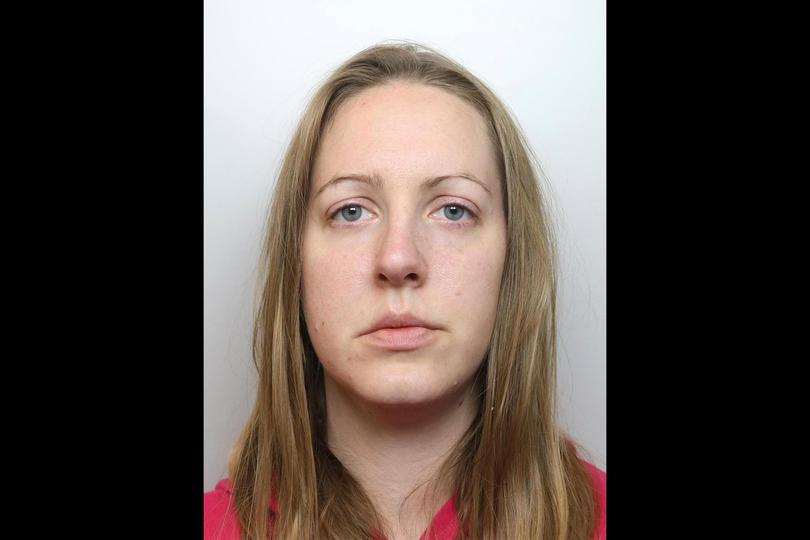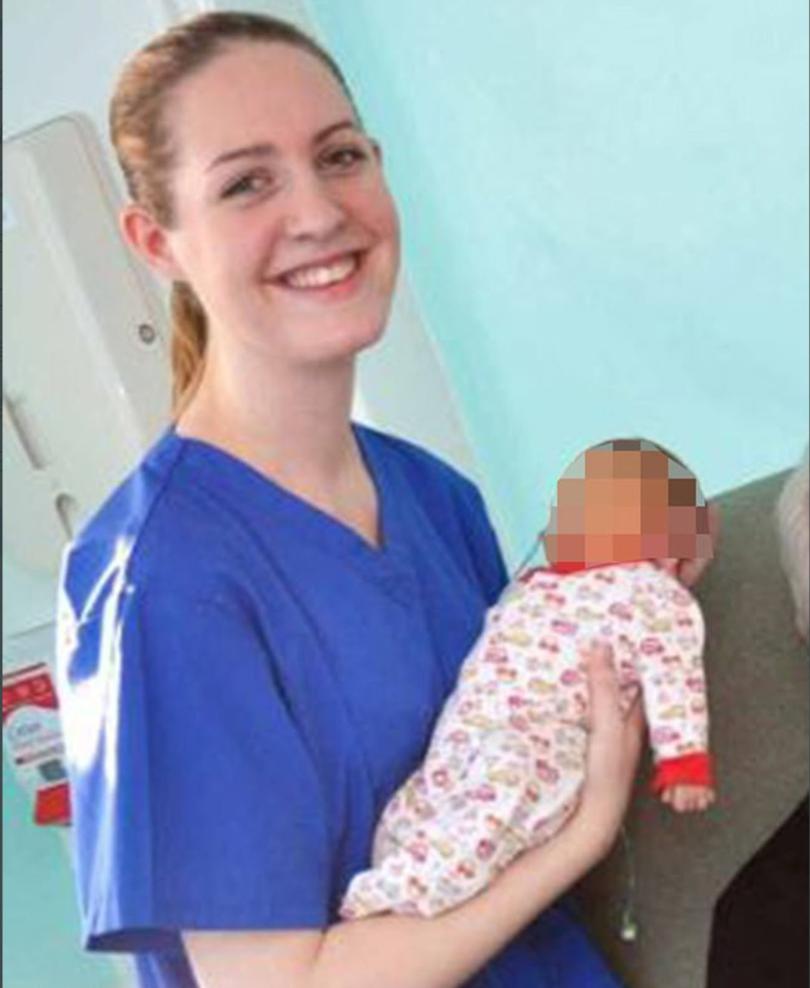Lucy Letby: A jury found the baby-killer nurse was the face of evil. Could they have been wrong?
There are new questions about the conviction of Britain’s worst-ever killer of children with experts asking if Lucy Letby really is the face of evil.

The horror of it was unprecedented: a young nurse whose patients were the tiniest and most vulnerable, murdered seven babies in the neonatal ward where she had been a trusted, popular employee and mentor.
Britain was last year transfixed by the trial of Lucy Letby, who was found guilty of the killings and seven attempted murders over 12 months between 2015 and 2016. She was also suspected of harming another 10 newborns.
Now 33, Letby was found to have used a variety of lethal methods on her tiny victims, including injecting them with insulin or air, and tried to kill one baby girl three times before successfully doing so on her fourth try. Two of her victims were twins.
Sign up to The Nightly's newsletters.
Get the first look at the digital newspaper, curated daily stories and breaking headlines delivered to your inbox.
By continuing you agree to our Terms and Privacy Policy.“She has thrown open the door to Hell and the stench of evil overwhelms us all,” The Daily Mail wrote at the time.
“The monster’s sickening death toll makes her the UK’s most prolific killer nurse and one of Britain’s worst-ever female serial killers,” thundered The Sun newspaper.
After a lengthy trial, Letby was sentenced to life in prison in 2023, the judge saying: “You acted in a way that was completely contrary to the normal human instincts of nurturing and caring for babies”.
But now, thanks in part to a voluminous 13,000-word report from The New Yorker this week, serious questions are being asked about her trial and even whether Letby is actually guilty.

Investigators first zeroed in on Letby after she was suspended from clinical duties following a complaint from doctors at the Countess of Chester Hospital in England’s west that she had been present at a series of “suspicious events”.
At her trial, prosecutors presented to the jury a graph showing Letby was the sole nurse who had access to a cluster of babies who had either died or become critically ill in the public hospital’s neonatal ward. They told the court that it was “a process of elimination” that led to Letby.
According to The New Yorker, the prosecution seized so quickly on the “mathematical clarity and coherence” of Letby’s physical proximity to the babies that the option of no crime having been committed was not adequately investigated.
The article argued that Britain’s notoriously stretched National Health Service, staff shortages and the fact that the babies were all either gravely ill or so premature that their complex medical needs weren’t being properly met had all potentially combined in a vortex of circumstances that police ignored in their search for answers.
This followed the overturning of two murder convictions of nurses in Europe who had first been prosecuted after their shift patterns aligned with deaths on their wards, something that had been explored in a report by the Royal Statistical Society.
In the report, Healthcare Serial Killer or Coincidence, the authors warned about the dangers of drawing conclusions based on statistics.

Letby didn’t speak at her trial or appear in court for her sentencing but a picture of her personality from shocked friends and family emerged in media interviews, through messages shared as evidence and in testimony.
She was depicted as someone with no history of psychological issues, a caring, kind friend, a “safe pair of hands” in the stretched and busy ward where she was recognised as a leading staff member despite only being in her mid-20s.
A report by a team from the Royal College of Paediatrics and Child Health brought in after Letby had challenged her suspension but before she was criminally charged was damning of hospital resourcing. It also found that there had been an increase in deaths across the hospital, according to The New Yorker.
It also quoted staff at the hospital speaking in support of Letby and the report described her as an “enthusiastic, capable and committed nurse”.
At her later trial, much was made of journal entries seized by police in which she had written “I am evil I did this”, but her defence countered that these were a small part of the diary which also included her ruminations about the lack of staffing and support on her ward.
Asked why she wrote the word “evil”, she told police it was because others would consider her so if she had been incompetent and missed something that led to a death.
Just how much attention the questions over Letby’s guilt is getting in the UK has been limited by a decision to stop the publication of The New Yorker article there.
Letby is appealing her conviction and is due for a retrial next month on one count of attempted murder.
However Conservative MP David Davis on Tuesday used parliamentary privilege to describe the UK ban on the article there as “in defiance of open justice”, prompting a wider debate about press freedom expected to continue in coming days.

